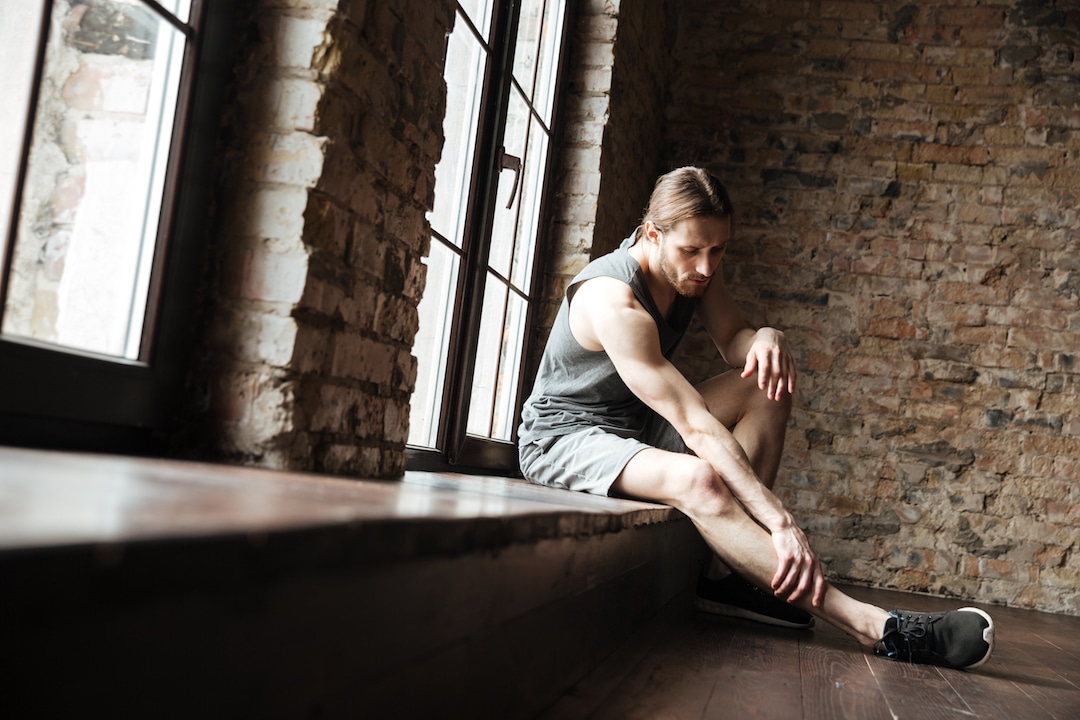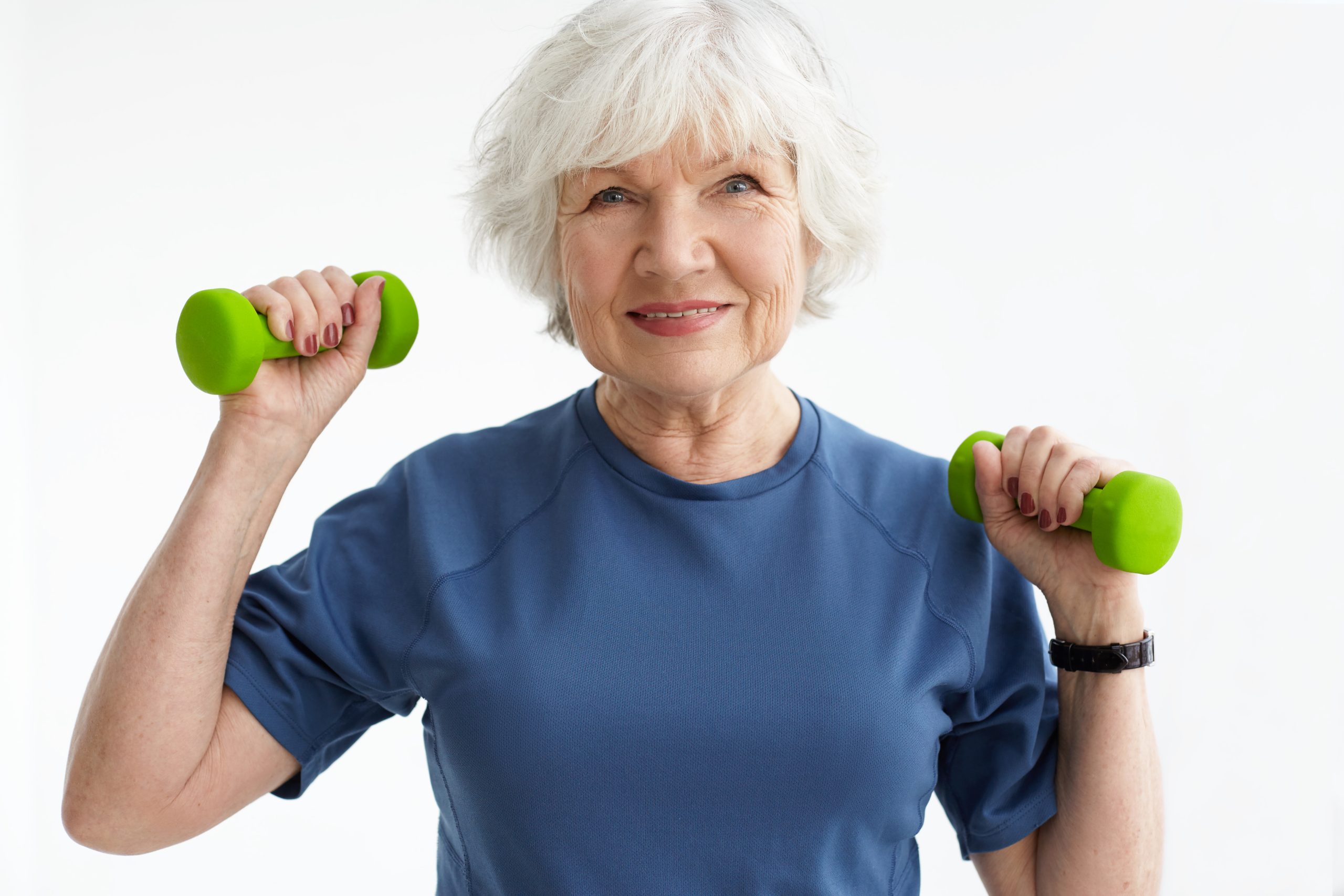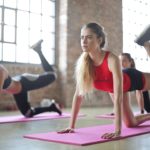
Our tips for in-season body maintenance during the sporting season

With the winter season upon us, our focus in the clinic shifts yet again to athlete maintenance. Proper maintenance of our sporting clientele leads to effective injury prevention and consequently more game time.
Here are our top tips on maintenance during the sporting season:
Maintain mobility
We need adequate joint range of motion to produce sports specific movements. Any limited mobility in the joints used for any sport can impede performance. Therefore, we stress the importance of maintaining mobility. An example is a swimmer not having enough shoulder elevation due to shoulder stiffness. This will impede their ability to do an overhead stroke for freestyle.
Mobility can be sustained through a daily programme consisting of mobility exercises, foam roller exercises, self release techniques and trigger pointing. It can also be achieved through group exercises such as yoga.
Weekly cardiovascular aerobic exercise
Almost all sports have a cardiovascular fitness component. Therefore, this area of fitness must be maintained through the season. We recommended doing 2-3 sessions of cardio per week. The effect of regular cardio is to improve circulation around the body increasing the efficiency of oxygen transfer to muscles during sport. This decreases early fatigue and reduces the risk of sustaining an injury.
Muscle Strength Maintenance
Muscles produce everyday movements which allows us to do our sports. Therefore, they must be sufficiently maintained and kept away from injury during season. Adequate muscle maintenance regimes include:
Activation Exercises
These are exercises used to prime muscles to do sports specific movements. An example is doing pulsed lunges for runners. Due to running being an exercise using leg strides, a lunge is perfect functional exercise mimicking the running stride.
Another example is a deadlift for hockey players. Hockey involves players being in a bent forward position which puts load on the posterior chain of the body (erector spinae, glutes and hamstrings). A deadlift works all these muscles making this perfect for hockey. Activation exercises need to be low weight and high repetition oriented. You can also incorporate isometric holds.
Strength and resistance training
All sports require specific muscles to generate forceful movements. Examples include powerlifters needing enough strength in the quads on the contraction phase of a squat or volleyball players needing enough strength in the arms to do a spike.
Because most sports require a degree of strength, we highly recommend our athletes do implement a strength and resistance training programme focusing on muscles that are used frequently in their chosen sport. This can be done at home or in a gym. The variables of strength training will vary depending on the sport. A typical strength programme for any athlete should incorporate isolated muscle strengthening (leg extension machine for quads for example) as well as compound movements (squats and lunges for example).
Maintenance Physio Treatment
We promote in our clinic ‘maintenance’ treatment or ‘tune ups’ for athletes particularly while they are in season. Athletes don’t necessarily have to be nursing an injury to attend tune up appointments. These appointments are done to work on muscular knots, trigger points and areas of tension built up from training. They are a brilliant way of preventing injuries. Therapy provided can include: manual therapy, dry needling, cupping and exercise programme reviews. Maintenance physio tend to be organised at 3-4 week cycles.
Rest and Relaxation
As health professionals, we want to promote improvement in overall well-being. This means not only focusing on physical health but also mental/psychological health. This goes for our athletes in season too. To promote improved mental/psychological health we advise our athletes the following:
- Ensure you get 6-8 hours of sleep per night.
- Ensure your diet meets your energy expenditure during training and recovery post-training.
- Spending time for relaxation and down-time doing hobbies or any other activities for leisure. This keeps the mind fresh and rejuvenated.
- Daily meditation in the mornings for about 20-30 minutes to clear the mind and mentally prepare for the day ahead.
Following these 5 tips will ensure the body and mind stays in tip top condition during the sporting season ultimately leading to a decrease in injuries. However, if you are experiencing and aches and niggles, feel free to see us at Pivotal Motion Physiotherapy. Book an appointment online or call us 07 3352 5116.






